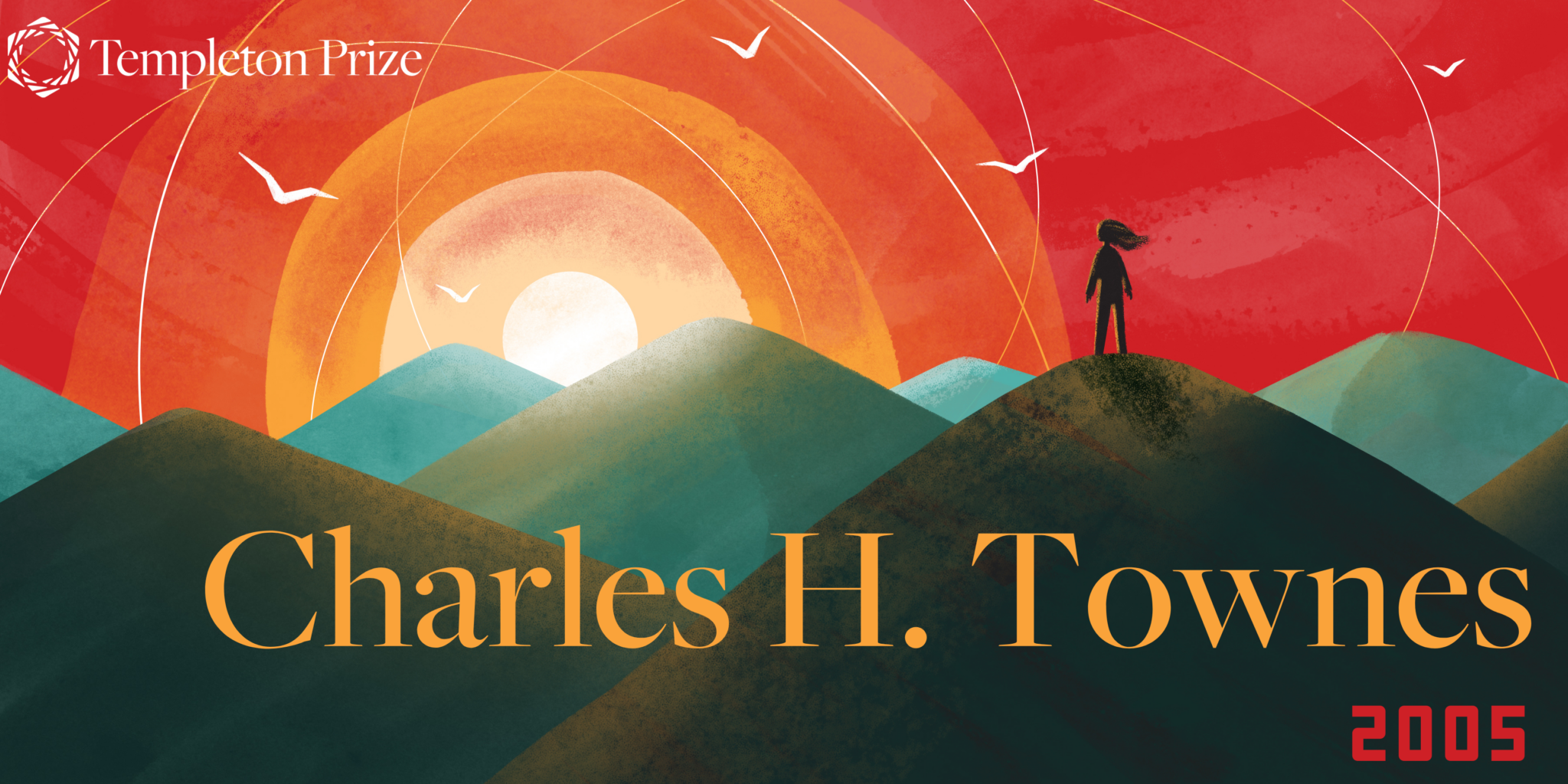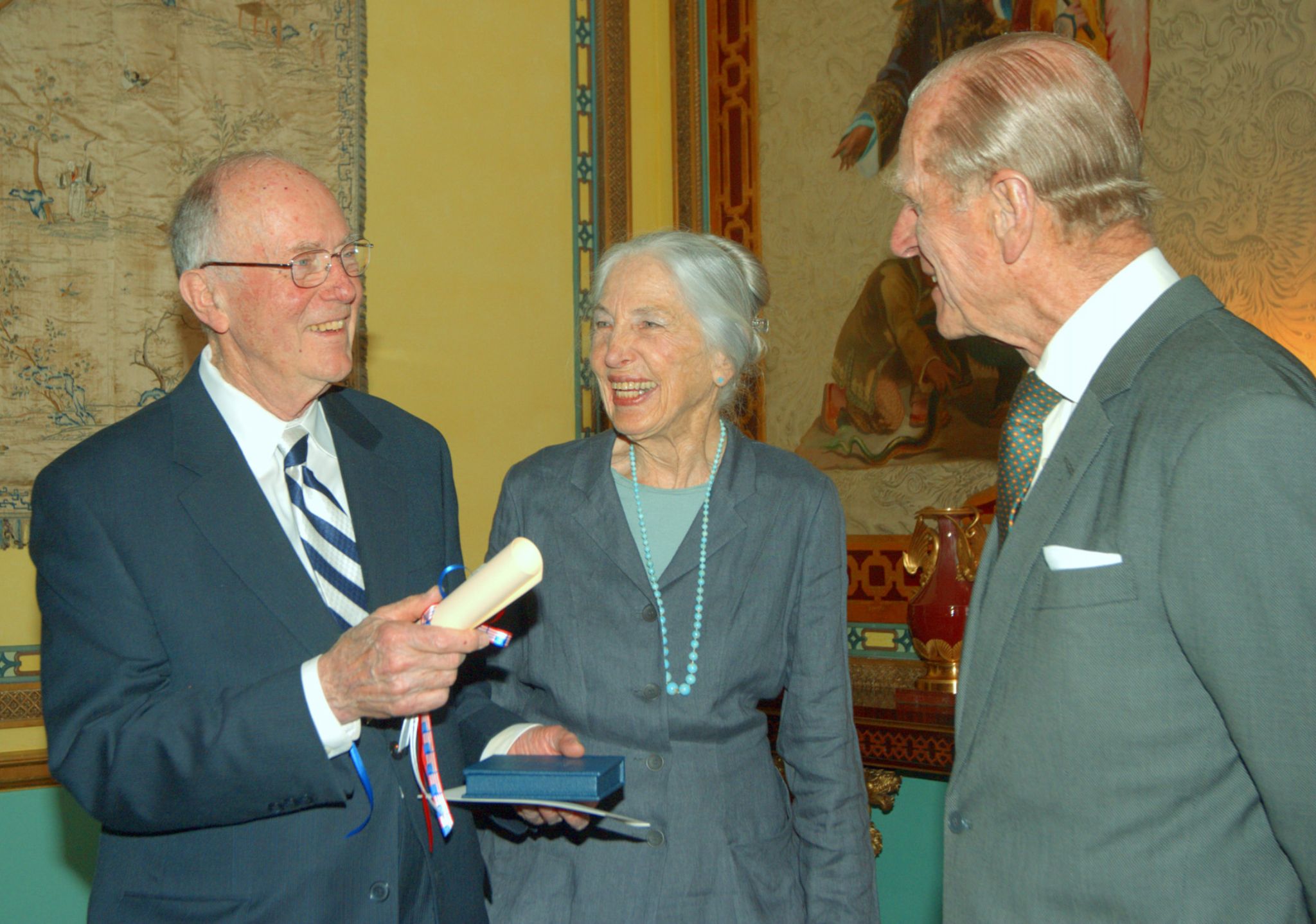Born on July 28, 1915, in Greenville, South Carolina, Charles H. Townes was a physicist renowned for his pioneering work in the field of quantum electronics and for his exploration of the connections between science and religion. He was Professor Emeritus of Physics at the University of California, Berkeley, and shared the 1964 Nobel Prize in Physics for his investigations into the properties of microwaves which resulted first in the maser and, later, his co-invention of the laser.
Townes’ academic journey was ignited by his passion for physics. He earned his undergraduate degree in physics from Furman University at age 19 before pursuing graduate studies at the California Institute of Technology (Caltech), where he obtained his doctorate in 1939.
In 1951, while working at Columbia University, Townes conceptualized the maser, an acronym for “microwave amplification by stimulated emission of radiation.” This revolutionary invention paved the way for the development of the laser (light amplification by stimulated emission of radiation) in 1958. Lasers have since found applications in various fields including telecommunications, medical surgery, and scientific research.
Townes described his discovery of the principles of the maser—while sitting on a park bench—as a “revelation” and an example of the interplay between the “how” and “why” of science and religion. Beginning in the 1950s, Townes’ began to reflect on his Christian upbringing and increasingly realized the parallels between science and religion. In 1964, he spoke at New York’s Riverside Church on the convergence of the two realms. His speech was published in IBM’s Think magazine and the MIT Technology Review and was translated and published in Pravda, Chinese, and Japanese. He subsequently published papers entitled How And Why Did It All Begin?, Convergences On Science and Religion, and Testing Faith, Wrestling With Mystery, and Logic and Uncertainties in Science and Religion.
Charles H. Townes was awarded the 2005 Templeton Prize in recognition of his research achievements and his engagement in dialogues and reflections that sought to bridge the perceived gap between science and religion. His passion and humility encouraged both those in scientific circles and religious communities alike to think more holistically about their beliefs.
-

Charles H. Townes and HRH Prince Philip, Duke of Edinburgh
HRH Prince Philip, the Duke of Edinburgh, awarded the Prize to Townes in a private ceremony at Buckingham Palace.
In nominating Townes for the Templeton Prize, Dr. David Shi, former President of Furman University, pointed out that Townes’ “emphasis on similarities between Science and Religion has made the dialogue between people of faith and people of science less confrontational and more sensitive to their shared concern – that is, answering fundamental questions about ultimate reality.”
“Many people don’t realize that science basically involves assumptions and faith. But nothing is absolutely proved.” – Charles H. Townes

